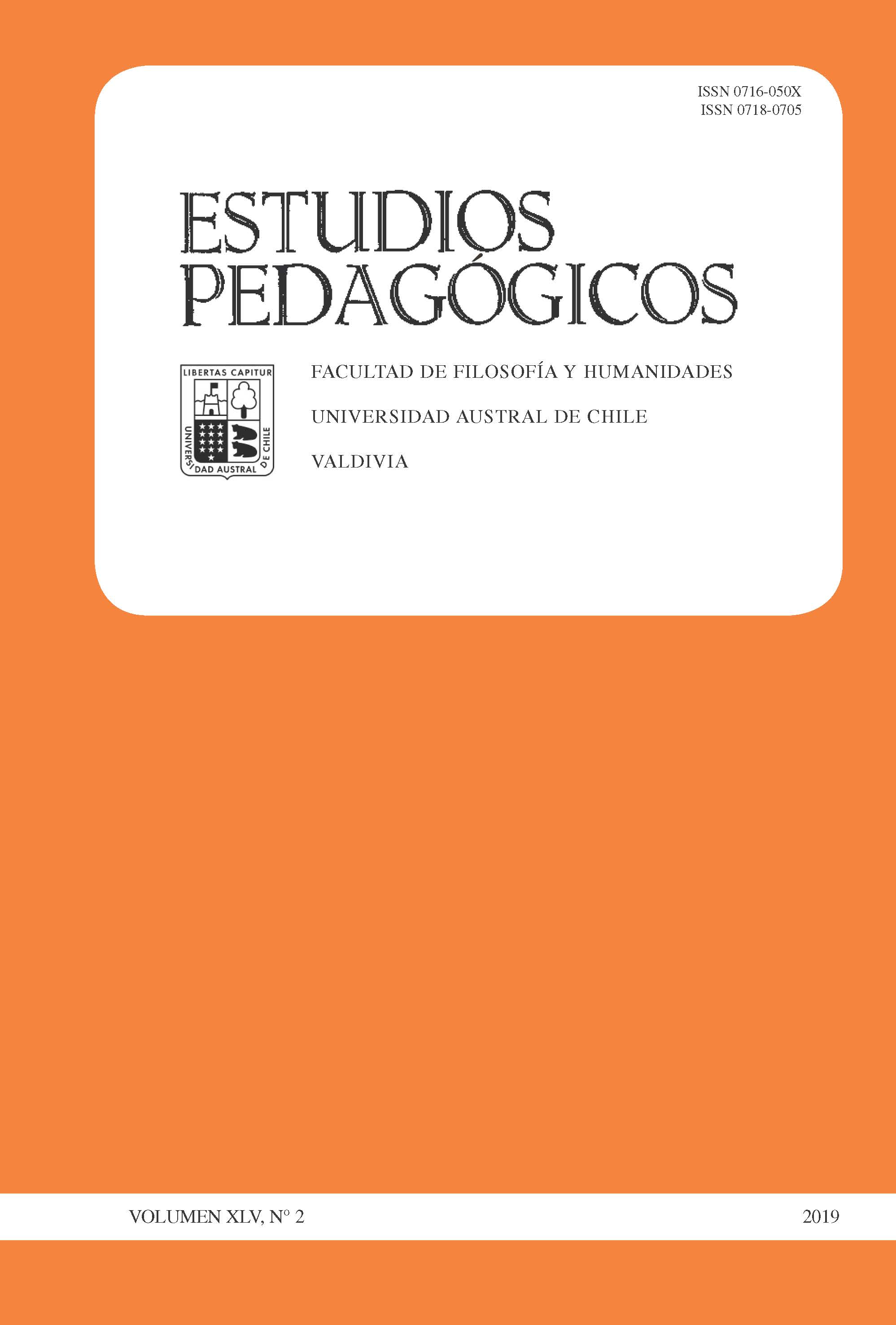Limits and challenges to incorporate the intercultural approach in school education of inmigrant students in La Araucanía
Main Article Content
Abstract
This article analyzes limits and challenges associated with the incorporation of the intercultural approach in school education with immigrant origin students in elementary schools in the region of La Araucanía (Chile). The objective is to discuss the meaning of consolidating a school education that is based on an intercultural approach, in the context of territories that undergo processes of cultural and demographic transformation due to the effects of immigration. The structure of this work initially considers the analysis of three limitations associated with: 1) the colonial basis of education in the elementary school; 2) predominance of a homogenizing national identity; and 3) epistemic racism in educational knowledge. It ends with a reflection that is focused on the challenges of an intercultural education that puts tension on eurocentric monoculturalism and the invisibility of the cultural diversity in school environment.

